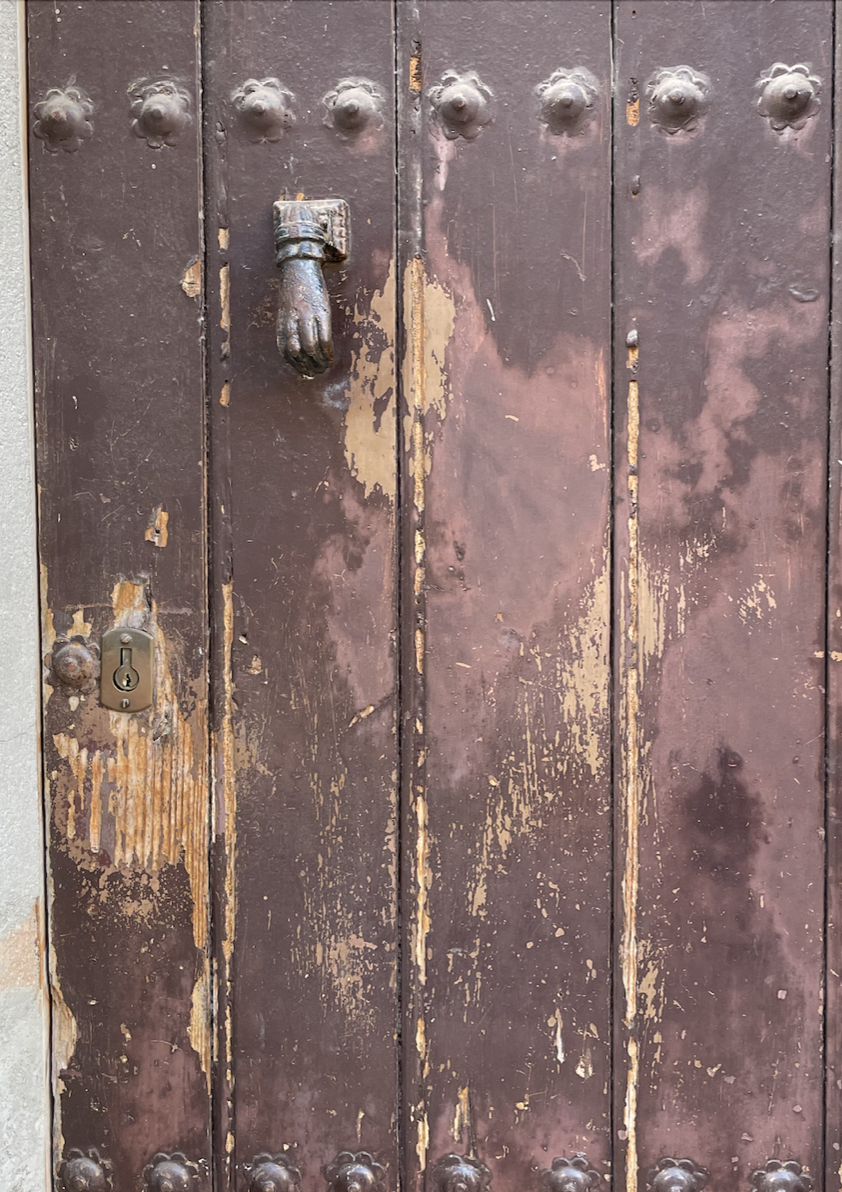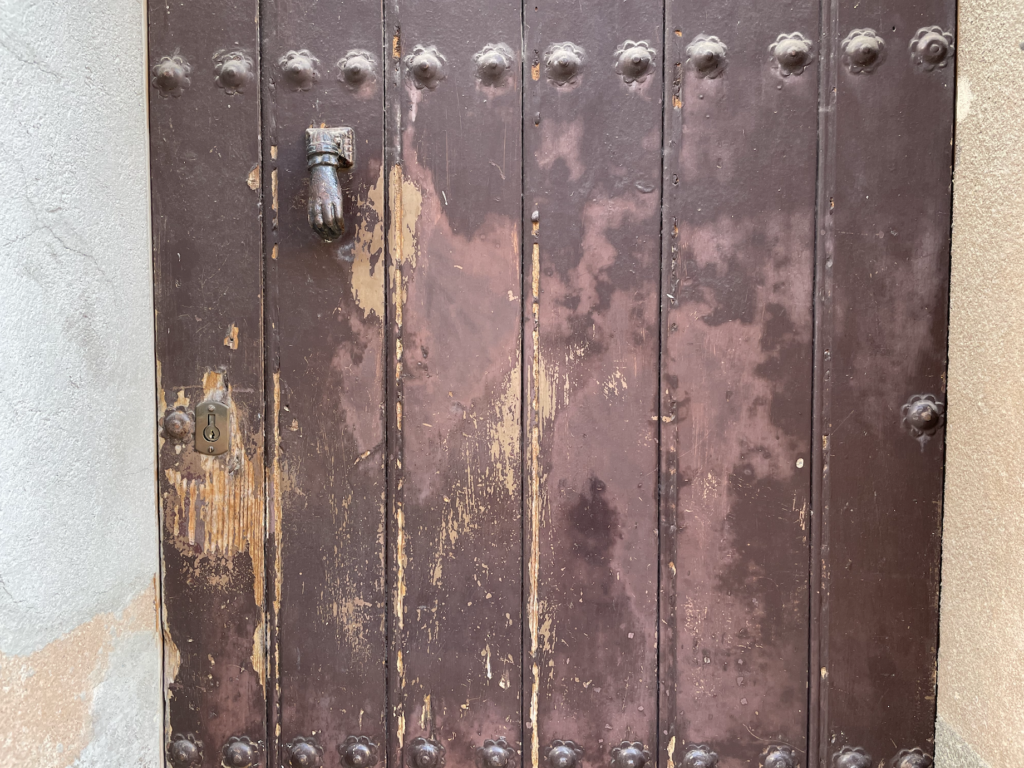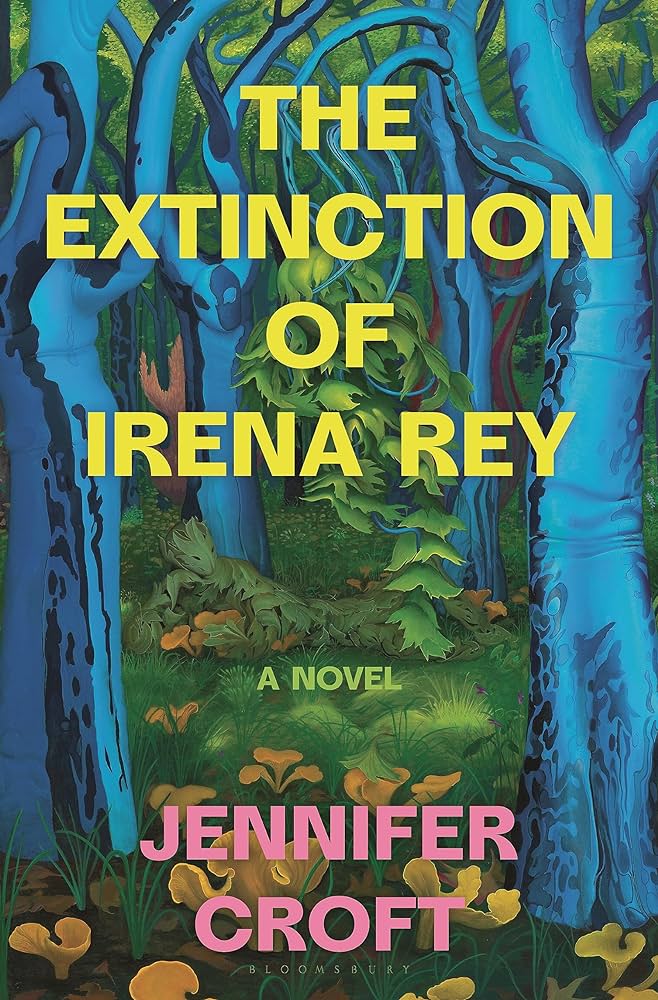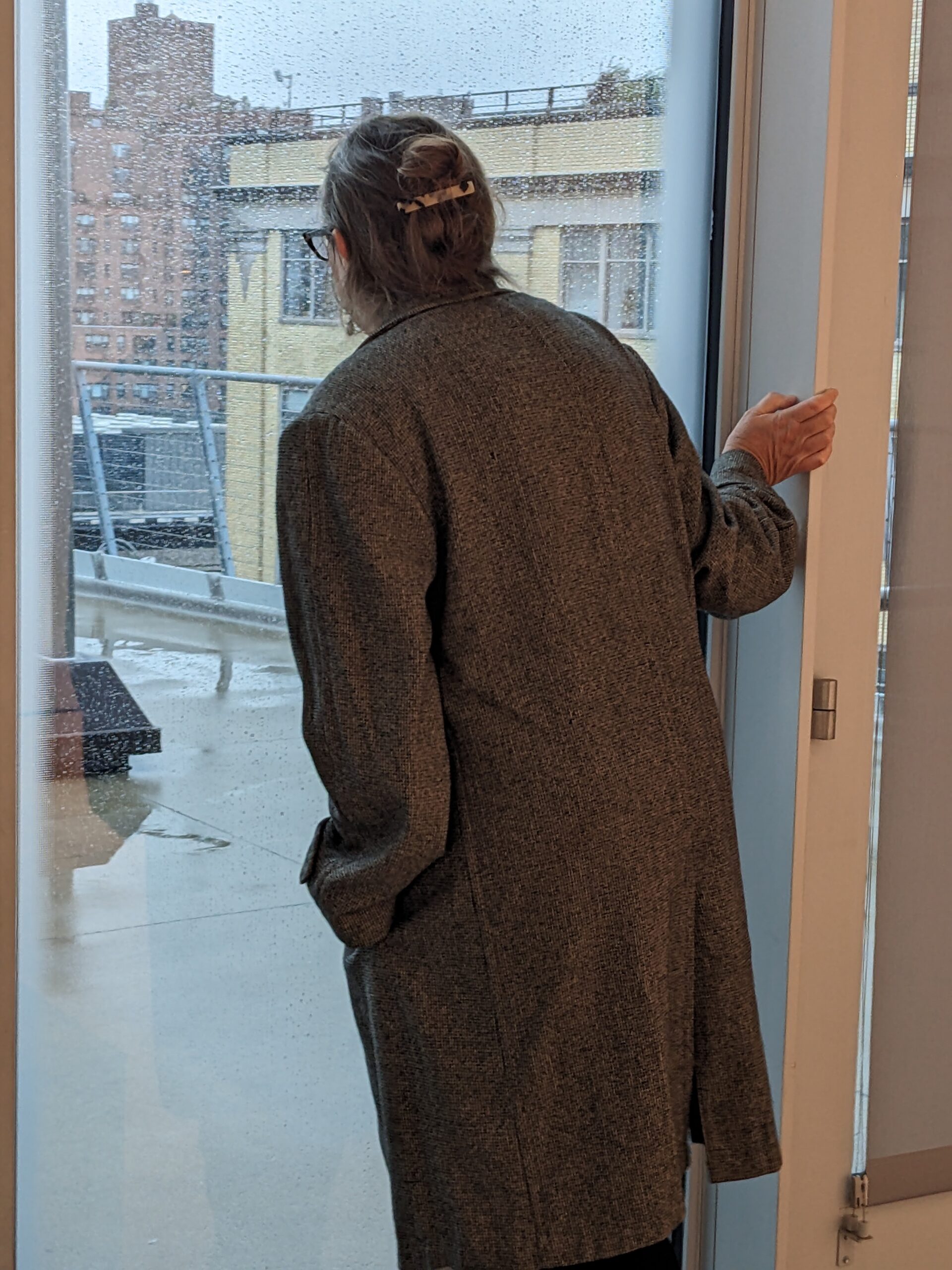New poems by our contributors DAN ALBERGOTTI, KATE GASKIN, IQRA KHAN, and CARSON WOLFE
Table of Contents:
- Dan Albergotti, “The Dumb Show”
- Kate Gaskin, “Newest Baby”
- Iqra Khan, “I Seek Refuge”
- Carson Wolfe, “Jack Kerouac Begs Me to Get an Abortion”
The Dumb Show
By Dan Albergotti
They showed you the models. They warned you well
in advance. Levels and gasses and ice melt and us.
Storms and floods and fires and famine and us.
And now it’s here. And now you act surprised.
When I was studying Hamlet in college,
I wondered how Claudius could be so taken aback
by the inner play’s events when the silent pantomime
of the dumb show had already given away the plot.
My professor explained that the royals
would usually ignore the dumb show, would shield
their eyes, thinking such explanatory preamble
to the play itself was far beneath their station.
The dumb show was for the average folk, he said.
In the end, both Rosencrantz and Claudius are dead.











